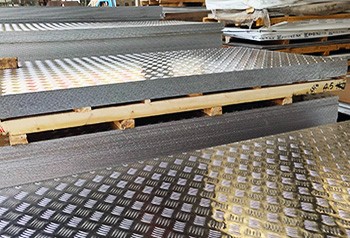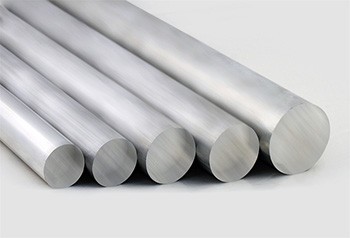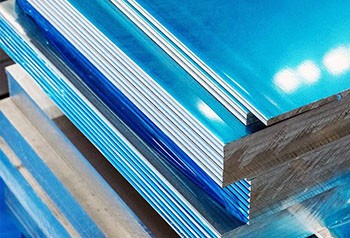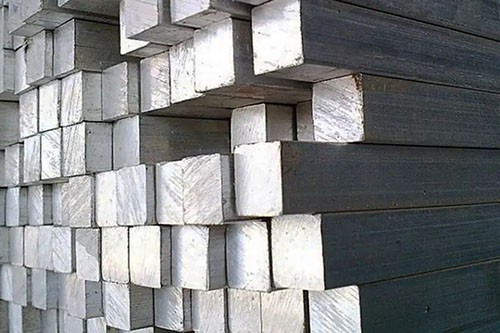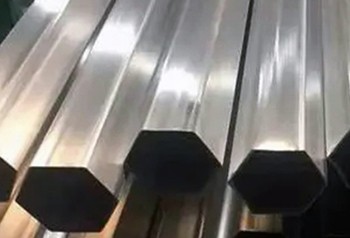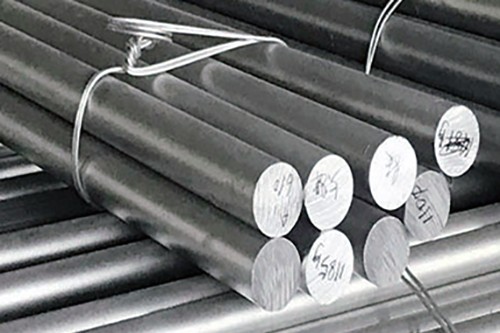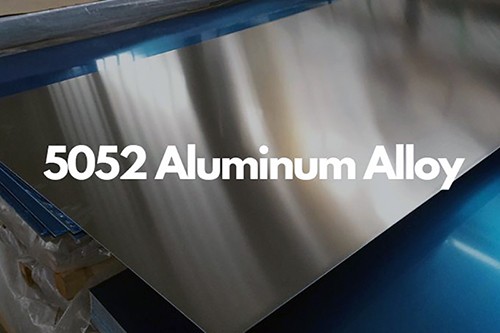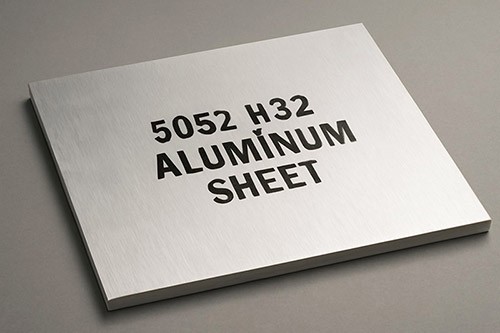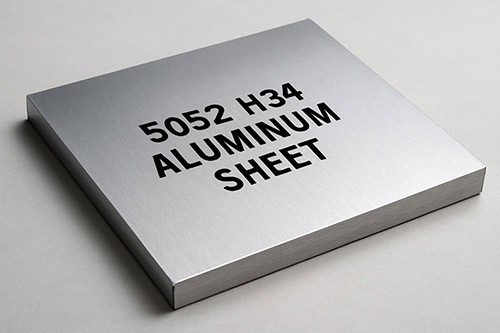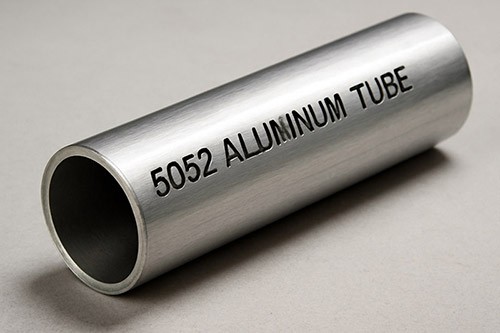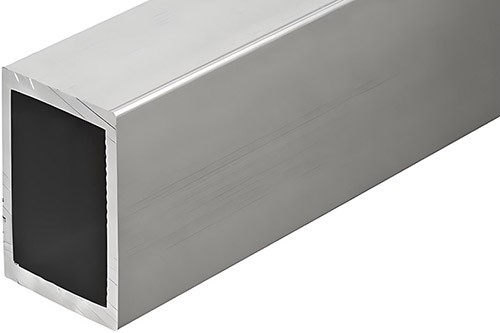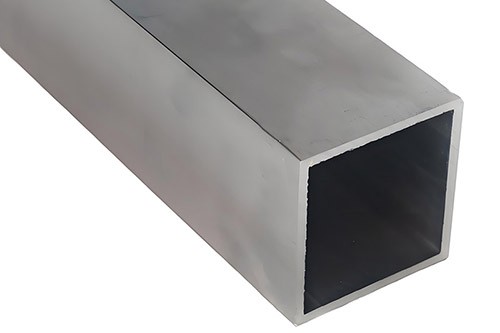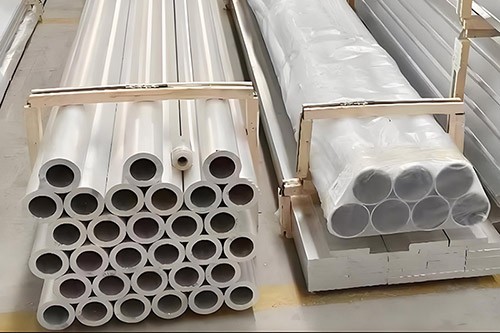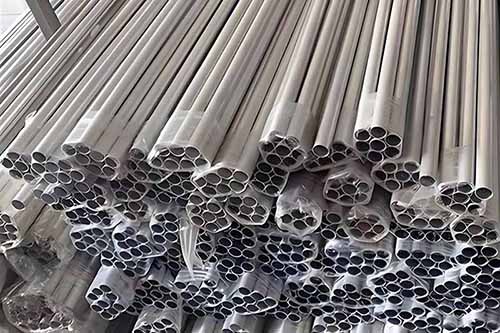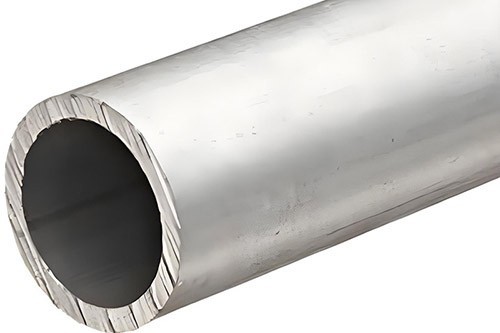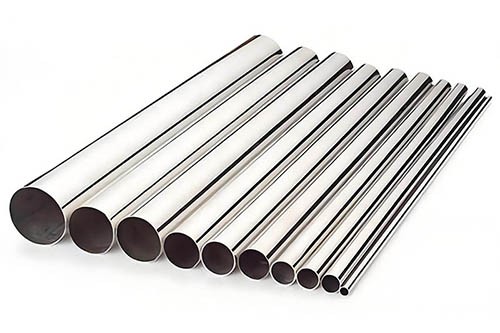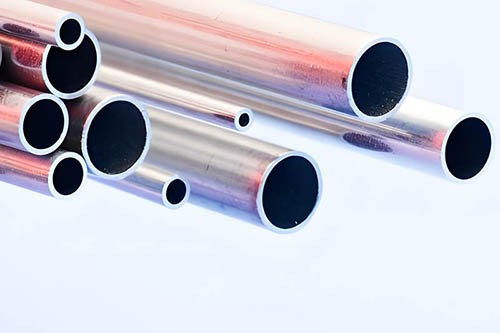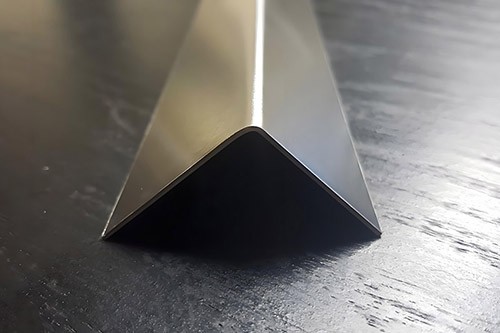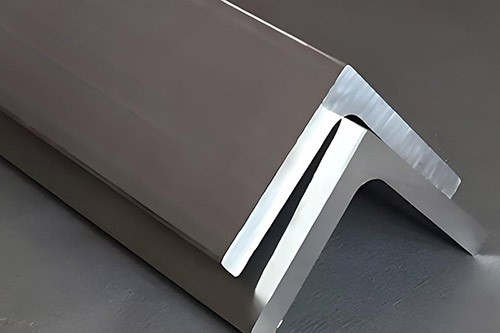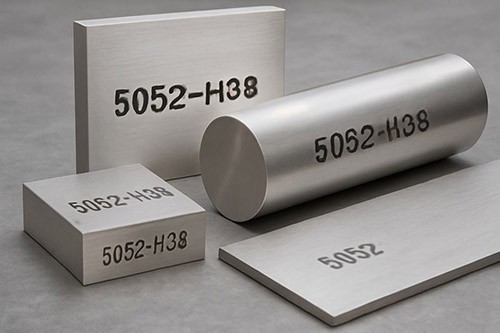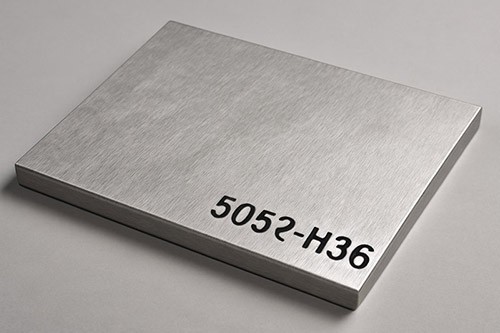5052 aluminum plate thickness standards and selection for shipbuilding
Last Updated :
The common thickness range of 5052 aluminum plates used in shipbuilding is 1.6mm to 6mm, depending on the specific structural requirements of the vessel.
In shipbuilding, 5052 aluminum plates are often used for hulls, decks, and structural components due to their excellent corrosion resistance, good formability, and moderate strength. The choice of thickness depends on the type of ship, the operating environment, and the specific functional requirements.
Common Thickness of 5052 Aluminum Plates for Shipbuilding
1.6mm - 2.5mm 5052 Aluminum Plates
These are suitable for lightweight boats or small vessels, such as recreational boats and fishing boats. Aluminum plates of this thickness are lightweight, easy to process and weld, but may have limitations in strength and rigidity.
3mm - 4mm 5052 Aluminum Plates
These are suitable for medium-sized vessels, such as small cargo ships and fishing boats. This thickness provides good strength and rigidity while maintaining moderate weight, making it suitable for various marine applications.
5mm - 6mm 5052 Aluminum Plates
These are typically used for larger vessels or hull structures that need to withstand higher loads. This thickness offers higher strength and impact resistance, suitable for ships operating in harsh sea conditions.
Below is a table displaying the thickness choices and common applications of 5052 aluminum plates in shipbuilding.
| Thickness Range | Application Areas | Characteristics |
| 1.6mm - 3mm | Hull shells, decks, lightweight structural components | Reduces overall weight |
| Improves fuel efficiency | ||
| Increases speed | ||
| Easy to process | ||
| 3mm - 6mm | Bottom of the ship, keel, hull frames, load-bearing components | Provides higher strength and rigidity |
| Stronger impact resistance | ||
| Suitable for parts under higher pressure |
How to Determine the Optimal Thickness of 5052 Aluminum Plates for Shipbuilding
1. Type and Purpose of the Vessel
Different types of vessels such as yachts, small fishing boats, and cargo ships have varying requirements for aluminum plate thickness. Yachts and recreational boats typically use thinner plates for lightness and speed, while working vessels and cargo ships may require thicker plates to ensure structural strength and durability.
2. Size of the Vessel
Larger vessels usually need thicker aluminum plates to withstand greater loads and stresses. Smaller vessels can opt for thinner plates to reduce weight while ensuring sufficient flexibility and maneuverability.
3. Function of the Structural Component
Different structural parts require different thicknesses. Hull shells and decks usually use thin to moderately thick plates, while areas like the ship's bottom and keel that bear more pressure may need thicker plates to increase strength and impact resistance.
4. Welding and Processing Considerations
5052 aluminum alloy has good weldability, but thicker plates may increase welding difficulty. It is important to consider the feasibility of the welding process and ensure the strength of the welded joints.
5. Corrosion Resistance
5052 aluminum alloy exhibits excellent corrosion resistance in marine environments, but thicker plates might affect the adhesion and durability of coatings. A balance needs to be found between thickness and protective coatings.
6. Cost and Weight
Thicker aluminum plates provide greater strength but also increase material costs and the ship's weight. During design, it's necessary to balance strength, cost, and weight.
Effects of 5052 Aluminum Plate Thickness on Vessel Performance
1. Weight and Fuel Efficiency: Thinner 5052 aluminum plates in shipbuilding help reduce the overall weight of the hull, lower power requirements, and fuel consumption, thus improving operational efficiency.
2. Strength and Rigidity: Increased thickness improves the strength and rigidity of the hull, enhancing durability and safety in harsh environments. However, it also increases the vessel’s weight, potentially reducing fuel efficiency.
3. Durability: Thicker 5052 aluminum plates are more durable over long-term use, especially in situations with frequent mechanical stress and environmental exposure, offering better resistance to fatigue and damage.
The choice of thickness for 5052 aluminum plates in shipbuilding should balance the needs for strength, weight, and operating environment. For general hull shells and decks, thinner plates can provide adequate protection, while thicker plates are a better choice for areas subject to higher stress.
Marine aluminum products you may be interested in
You might be interested in: Marine Grade Aluminum 5052 5 Series Marine Aluminum Aluminum for Shipbuilding 5052 aluminum 5052 aluminum sheet 5052 h32 5052 h34 5052 h32 aluminum 5052 aluminum plate 5052 0 aluminum sheet al5052

